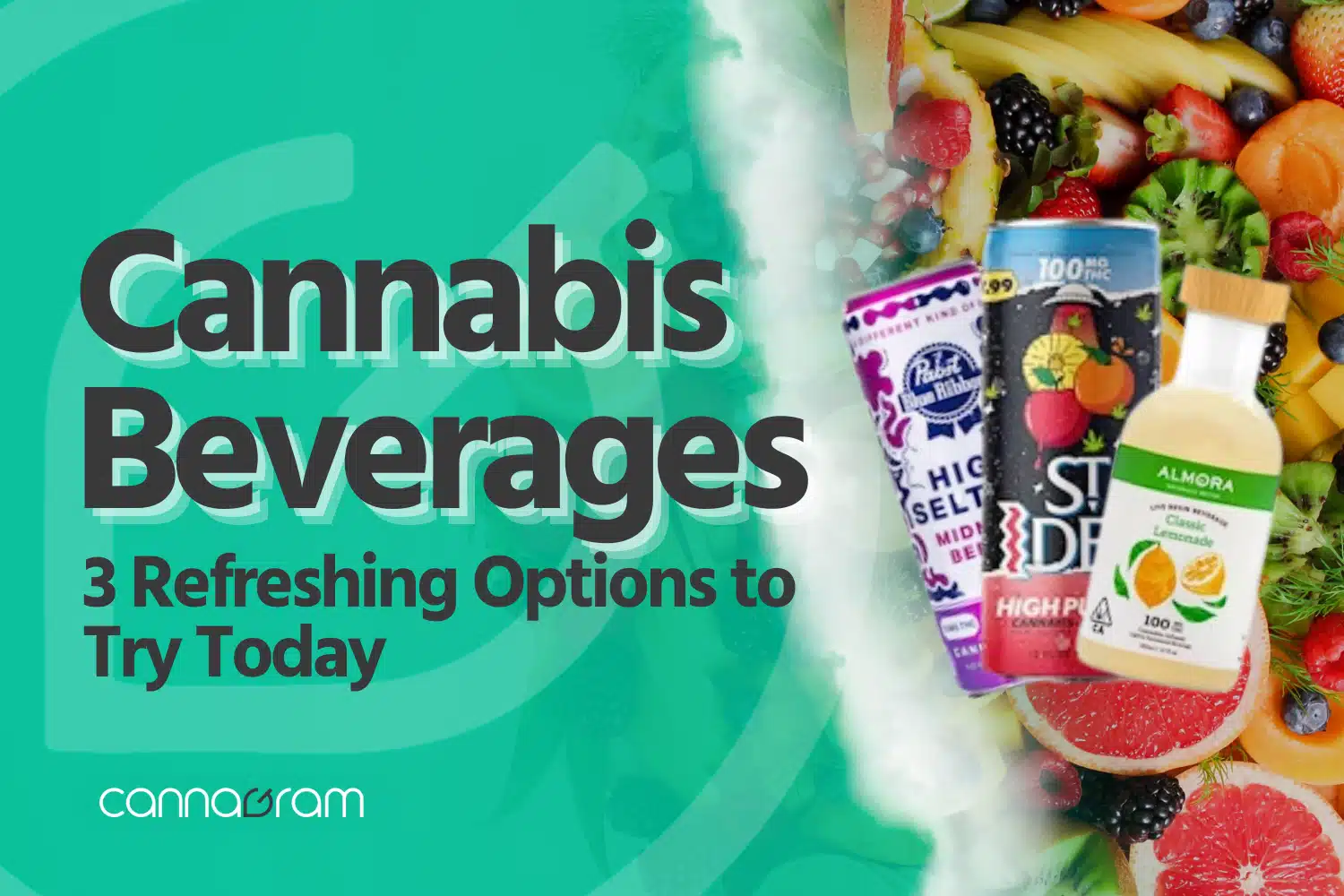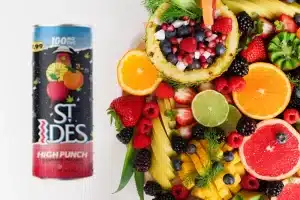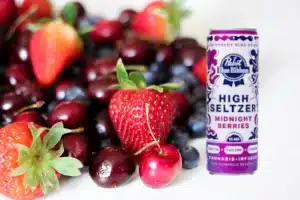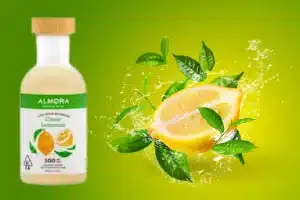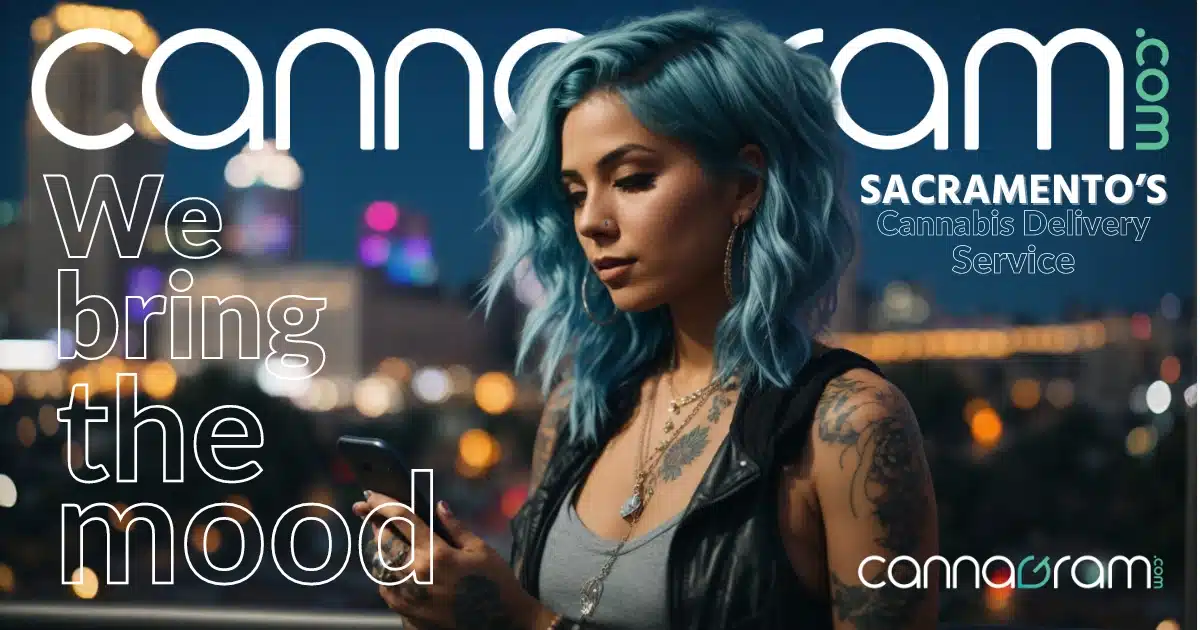Cannabis Beverages vs. Alcohol: Why Weed Drinks Are the Future
As more people seek healthier, mindful alternatives to alcohol, cannabis beverages are emerging as the new go-to drink. With the rise of cannabis legalization, switching from alcohol to weed-infused drinks offers a range of benefits—from a gentler high to fewer negative side effects. So, why are cannabis beverages gaining popularity, and how do they stack up against alcohol?
Healthier, Hangover-Free Experience
Unlike alcohol, which can lead to dehydration, fatigue, and hangovers, cannabis beverages offer a smoother, more controlled experience. These drinks are often lower in calories and sugar compared to alcoholic beverages, and cannabis itself has a range of therapeutic properties, including stress relief and pain management. Plus, many people find that cannabis beverages leave them feeling clear-headed and relaxed, without the grogginess of a typical hangover.
Socializing with Cannabis Beverages:
While alcohol can impair judgment and coordination, cannabis beverages provide a more controlled buzz, helping you stay present and in control. Whether you’re unwinding at home or socializing with friends, cannabis-infused drinks offer a relaxing experience without the risk of overindulgence or loss of inhibitions. Plus, with a wide variety of options, there’s a cannabis beverage for every occasion.
Our Top 3 Cannabis Beverages at Cannagram: Ready to make the switch? Here are three popular cannabis beverages you can find on our site at Cannagram
High Punch | High Tea (Single) 12 oz Cannabis Beverages St Ides:
The Highest High At The Best Price – this ST IDES sipper will get you there quicker. These hitters pack 100mg of THC and smack as hard as your favorite throwback iced tea. Whether you’re trying to blast off to the moon or just catch vibes, our special proprietary formula features nano emulsion tech designed for rapid onset that’ll get you where you want to be.
Midnight Berries | High Seltzer Single | Cannabis Beverages Pabst:
Midnight Berries from Pabst offers a delightful fusion of ripe, dark berries that tantalize your taste buds with their sweet and slightly tart notes. The rich and complex berry flavors are expertly balanced, creating a beverage that’s as refreshing as it is captivating. Sip and savor the essence of midnight berries, and let your palate be enchanted by this one-of-a-kind flavor experience.
Classic Lemonade | 12oz 100mg Cannabis Beverage | Almora Farms
Infused with 100mg THC Sourced Directly from California, Sun-Grown, Whole Flower. Offered in a variety of 3 Flavors. Made with Real Lemons containing No Artificial Flavors, Sweeteners, or Corn Syrup. Natural and high-dosed, Almora’s collection of Lemonades are made with real lemons to deliver a delicious taste that will fulfill your every taste bud. Enjoy a Classic Lemonade balanced with absolutely no artificial flavors or sweeteners combined with 100mg of Live Resin THC sourced directly from California, sun-grown whole flower. Cheers to nature’s wonders!
Why Choose Cannabis Beverages?
If you’re looking for a healthier, hangover-free alternative to alcohol, cannabis beverages are the way to go. With a variety of flavors and effects to choose from, you can find the perfect drink to relax, unwind, and enjoy social occasions. Whether it’s a night in or a casual get-together, cannabis-infused drinks provide a new way to experience your favorite beverages—without the negative side effects of alcohol.
FAQs:
What are cannabis beverages? Cannabis beverages are drinks infused with THC (tetrahydrocannabinol) or CBD (cannabidiol) for a relaxing or therapeutic effect. They offer a flavorful, controlled experience without the negative side effects of alcohol, like hangovers or impaired coordination.
What cannabis beverages do you offer at Cannagram?
- High Punch | High Tea (Single) 12 oz by St Ides (Mango Blood Orange)
- High Seltzer Single by Pabst Labs (Strawberry Lemonade)
- 12oz 100mg Beverage by Almora Farms (Strawberry Lemonade)
Each provides a refreshing taste and smooth THC experience.
We Bring the Mood!
With Cannagram, this dream becomes a reality. Our dedicated team is committed to ensuring your products reach you efficiently and discreetly, providing the convenience you deserve.
But the Cannagram experience goes beyond just quality delivery. As our cherished customer, you become part of our Advantage Club, where you’ll enjoy daily exclusive discounts and promotions. We’re dedicated to enhancing your cannabis journey and making it even more delightful.
At Cannagram, we prioritize quality, safety, and customer commitment. Our extensive product range caters to various preferences and needs, guaranteeing you’ll find precisely what you’re looking for.
So, if you’re in Sacramento and seeking the ultimate cannabis product experience, look no further. Join the Cannagram community and unlock a world of quality, convenience, and incredible benefits. We’re eager to serve you and make your cannabis journey truly memorable. Welcome to Cannagram, We Bring the Mood! CLICK HERE AND VISIT THE SHOP or follow us on our main social networks via the footer links.




